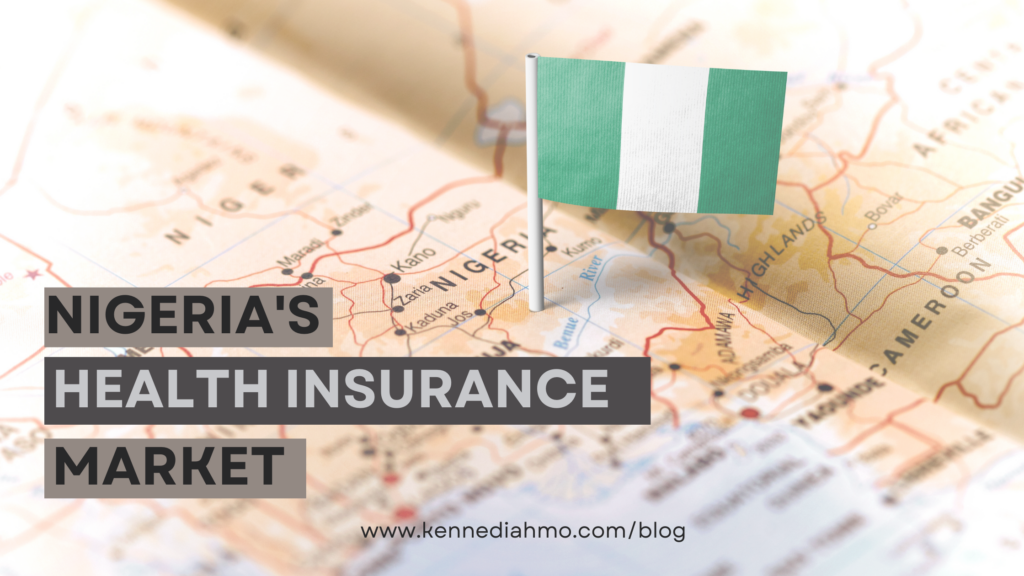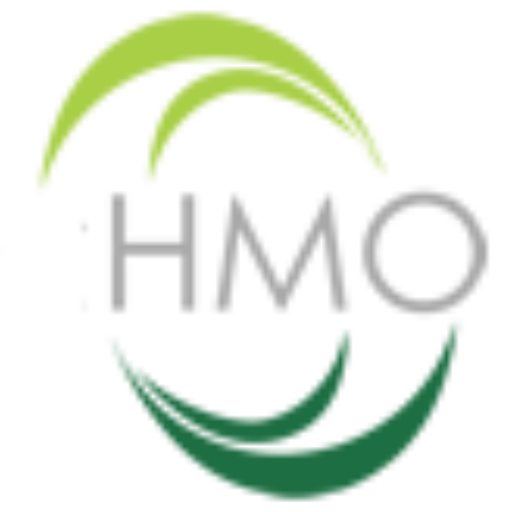
Challenges and Opportunities in Nigeria’s Health Insurance Market: What You Need to Know

Nigeria’s health insurance market is a vital component of the country’s healthcare system, aiming to provide affordable and accessible medical services. However, the sector faces numerous challenges that hinder its effectiveness. At the same time, significant opportunities exist for growth and expansion. This article explores the key challenges and opportunities in Nigeria’s health insurance market and what stakeholders need to know.
Challenges in Nigeria’s Health Insurance Market
1. Low Insurance Penetration
Despite the establishment of the National Health Insurance Scheme (NHIS), health insurance coverage remains low, with less than 10% of Nigerians enrolled. Many citizens rely on out-of-pocket payments for healthcare, making affordability a major issue. The low uptake is attributed to the informal nature of the economy, where a large portion of the population works outside structured employment that would typically provide health benefits.
2. Limited Awareness and Trust
A significant portion of the population is unaware of the benefits of health insurance or distrusts insurance providers due to past experiences with non-payment of claims and lack of transparency. Many Nigerians also lack education on how insurance works, leading to misconceptions that hinder participation. This is compounded by inadequate marketing efforts by insurers to educate potential customers.
3. Regulatory and Policy Inconsistencies
The regulatory framework for health insurance in Nigeria has been evolving, but inconsistencies and slow implementation of policies create uncertainty for insurers and healthcare providers. The transition from NHIS to the National Health Insurance Authority (NHIA) has introduced new regulations, but enforcement and compliance remain challenges. Furthermore, bureaucratic delays in approving new policies can discourage private sector investment.
4. High Cost of Healthcare Services
Rising medical costs due to inflation, high pharmaceutical prices, and inadequate infrastructure make it challenging for insurance providers to offer affordable premium plans. Hospitals and clinics often pass operational costs to patients, making healthcare expensive even for insured individuals. Additionally, the lack of locally manufactured medical equipment and drugs increases dependence on imports, driving up costs further.
5. Limited Private Sector Participation
Private health insurance companies have not fully penetrated the market, largely due to economic instability and the lack of a clear framework to encourage investment. Many private insurers struggle with sustainability as they compete with government-subsidized schemes that offer lower premiums. Without sufficient incentives and a level playing field, private sector involvement remains limited.
6. Fragmented Health Insurance Schemes
While NHIS and state-run health insurance schemes exist, they operate independently, leading to inefficiencies and a lack of comprehensive coverage for citizens. The fragmentation creates duplication of efforts, administrative burdens, and inconsistencies in service delivery. A unified framework that integrates both national and state schemes could improve efficiency and increase enrollment.
Opportunities in Nigeria’s Health Insurance Market
1. Expansion of State Health Insurance Schemes
Several states have launched their own health insurance programs, such as the Lagos State Health Scheme (LSHS). Expanding these initiatives could significantly improve coverage, particularly for low-income earners and those in the informal sector. If effectively managed, state schemes can complement the NHIA’s efforts in achieving universal health coverage.
2. Technology and Digital Health Solutions
The rise of fintech and digital health solutions presents an opportunity to streamline enrollment, premium collection, and claims processing. Mobile health platforms can also enhance service delivery. Digital payment solutions, such as those provided by Paystack and Flutterwave, can facilitate seamless premium payments, reducing administrative costs and increasing accessibility.
3. Public-Private Partnerships (PPPs)
Collaboration between the government and private insurers can improve service delivery, enhance infrastructure, and increase coverage for Nigerians. Initiatives such as the Private Sector Health Alliance of Nigeria (PSHAN) demonstrate how partnerships can drive healthcare improvements and expand insurance adoption.
4. Micro-Insurance and Pay-As-You-Go Models
Developing affordable micro-insurance products tailored for low-income earners and informal sector workers can boost penetration and make healthcare accessible to more people. Companies like AXA Mansard have introduced micro-insurance products that offer flexible payment plans, making it easier for individuals to access coverage.
5. Government Policy Reforms
Ongoing reforms, such as the National Health Insurance Authority (NHIA) Act, which mandates health insurance for all Nigerians, could drive significant market expansion if well-implemented. Ensuring proper enforcement, transparency, and accountability in policy execution will be critical for the success of these reforms.
6. Increased Foreign Investment
With the right policies in place, Nigeria’s health insurance market could attract more foreign investment, leading to improved capital flow, better services, and technological advancements. Organizations such as the International Finance Corporation (IFC) and the World Bank have shown interest in strengthening Nigeria’s healthcare system, creating opportunities for enhanced funding and expertise.
Conclusion
Nigeria’s health insurance market presents a mix of challenges and opportunities. While factors such as low penetration, regulatory hurdles, and high costs remain barriers, the sector has immense potential for growth through policy reforms, technology adoption, and strategic partnerships. Addressing these challenges effectively can lead to a more inclusive and efficient health insurance system that benefits all Nigerians.
For stakeholders, adapting to these trends and investing in innovative solutions will be key to navigating Nigeria’s evolving healthcare landscape. To stay updated on Nigeria’s health insurance developments, visit NHIA’s official website and explore how you can contribute to improving healthcare access for all.



